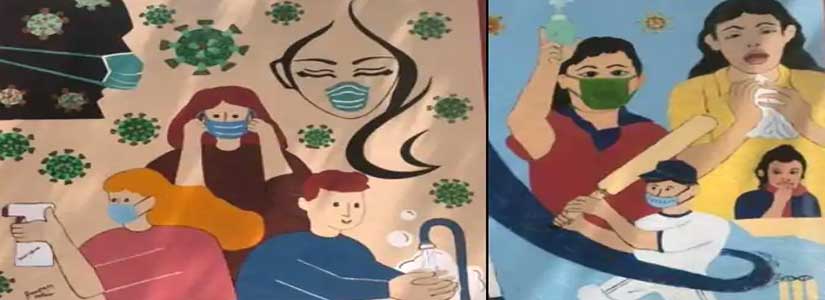COVID and ART

Arising in China in late 2019, the novel coronavirus (SARS-CoV-2) has swept the globe, confirmed cases of COVID-19 have grown rapidly. On the 23rd of March 2020, ‘lockdown’ was announced to limit the spread of the virus, subsequently private hospitals cancelled all elective work and ART procedures going on.Now as the COVID-19 pandemic is stabilising, with return to normal daily life activities, all ART treatments have been restarted in ART centers .We at our center have also reintroduced ART services and managing the patients following good clinical practice to minimise risk to patients and staff.
- We manage our appointments, scans and procedures according to specific timetables to limit the number of patients at one point.
- We try to Reduce face-to-face interactions:by reducing frequency and duration of visits without compromising safety and quality. We are encouraging telephone and video consultations in most situations.
- We have put restriction on partners and accompanying persons ,unless its very important
- Our waiting rooms and working spaces are redesigned to guarantee appropriate distancing.
- We have Provision of protective screens for administrative staff.Personal protective equipment and sanitation devices for patients and staff has been installed.
- All patients starting ovarian stimulation, IUI or embryo transfer cycles have to answer a Covid-19 risk questionnaire.
- All patients are offered a choice to proceed with or postpone their ART treatment & patient preference is clearly documented. Patients are informed, clearly understand the risks related to COVID-19 disease
- We are giving priority to treatments of Fertility preservation for patients facing cancer chemotherapy or other treatment that is likely to affect their fertility, special risk patients with low ovarian reserve, advanced age and those facing extirpative pelvic surgery (for instance due to severe endometriosis or bilateral ovarian cysts) are also given priority.
- COVID test is done of all patients and partners having ovarian stimulation or IUI/DI on day 2/3,and again on Day 9/10 of cycle.
- We advise patients and potential donors to self-isolate, if possible, from the start of ovarian stimulation treatment until egg collection in order to minimise the risk of infection, and risk of treatment cancellation.
- We try Minimising clinical risk by following protocols to minimise the risk of OHSS : a GnRH-Antagonist protocol and GnRH-agonist trigger and careful ovarian stimulation to minimise the risk of hospital admission for patients and to reduce the burden of infection.
- Cryopreservation of gametes and embryos during the pandemic is being performed only in separate cryocans. If a Patient become symptomatic after oocyte retrieval but prior to embryo transfer we advise to freeze all their embryos for future use